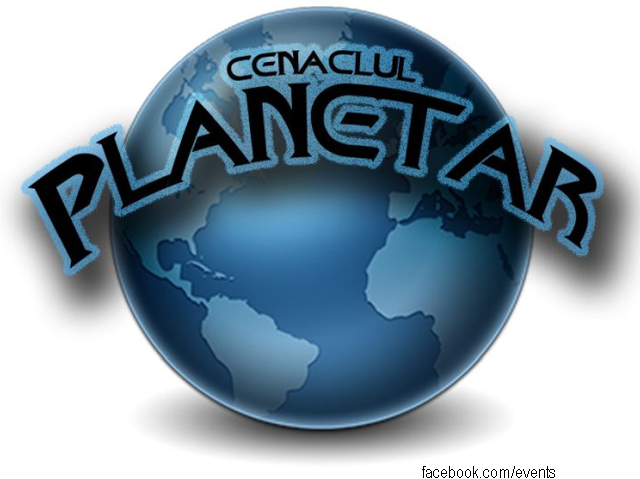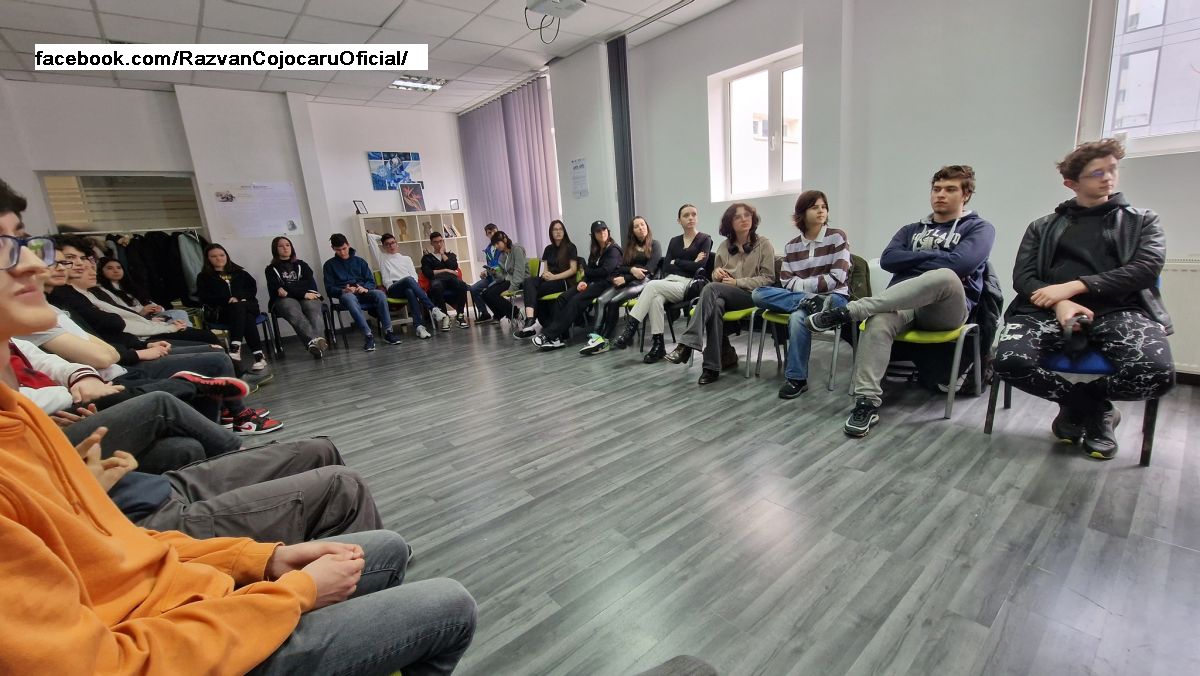The Planetar Literary Club
The Planetar Literary Club was set up in 1992, and was an important nursery for Romanian sci-fi writers.

Ana-Maria Cononovici, 03.09.2019, 13:00
The Planetar Literary Club was set up in 1992, and was an important nursery for Romanian sci-fi writers. For over ten years, every week writer Constantin Pavel gathered together a handful of science and sci-fi enthusiasts, such as Traian Badulescu, Codru Paun, Razvan Varlan, Andrei Ionescu, Catalin Stefan, Liviu Surugiu, and others. It was a place that shaped a large number of writers, scientists, journalists, and graphic artists that went on to become well-known in their areas.
After going their own separate ways, the Planetar Literary Club has re-opened, giving new talent the opportunity to take flight. At the launch event, we asked founder Constantin Pavel to give us a few details about its history:
“We just thought we would have ourselves a literary club. I finally found support with a history teacher at our high school, Mrs. Stanca. I put up fliers everywhere, we told our friends, and they came. It was a fairly small high school classroom, I came in a blue suit, with a shirt and tie, with a fancy briefcase, and the kids loved it. The group formed right away.
The group met in various places, including a sports arena in Giulesti, and Constantin Pavel told us how it all went to develop:
“In the end, with support from astronomer Harald Alexandrescu, the director of the Astronomical Observatory, we landed at the Admiral Vasile Urseanu Observatory. There the literary club thrived, we had two wonderful years and six or seven more until if faded away, but during that time, the 60 or 70 strong team took part in most of sci-fi manifestations in the country, and Planetar made a name for itself.
Constantin Pavel told us how the name for the club came to him, while he was playing:
“I got the idea playing with Legos, I got the set from an uncle who was an aviator. It was a Lego set with astronauts. They had a flag, and on the flag they had their logo, a planet and an arrow representing the trajectory of a ship leaving the planet. This is how I got the idea of having a literary club called Planetar. Life took us all in different directions, but I was very happy that some extraordinary people came out of there. What we will go on to do will be a bit different from what we did there, but it is on the same lines. It will be a center where we can each take over a satellite, we plan on opening clubs in various schools, I think people are eager for us to do so.
Traian Badulescu was 15 when he came to the club, where he found an environment for growth:
“I am very happy we reopened the Planetar club. When we first convened in 1992, in the initial formula, I don’t think we were more than 20, at a time when people met more often, it was before the Internet era, before mobile telephones. It was effervescent, and I don’t think we realized it at the time. Planetar changed my life. It wasn’t only about sci-fi, it was much about avant-garde. It helped us all a lot in life. I remember that in 1991 I went with a colleague to the Dalles event hall, where Mihai Badescu with Alexandru Mironov were screening each Sunday a sci-fi movie, and then held discussions about it. That was really interesting. I was flirting with writing, but after that I started writing in earnest. At some point we had sessions twice a week, and we felt it was our duty to write something for each session. We were each others’ critics, we wrote a lot.
One other name that stands out from among the members in Liviu Surugiu, whose sci-fi debut came in 1994, and he went on to win numerous awards. His latest published work, Pulsar, had sold over 6,000 copies by 2017. He told us about the club:
“I am looking to the future with courage, we have a long time to live from now on. We should identify the needs of those to join, those we are trying to attract. I think by association, if I see the letter A I think of the picture in the first ABC I had as a kid, if I see a B I think of a balloon. When I think of the Planetar club, I don’t think first of the publishing house, even though it is central. I think of the satellites we are about to create.
The literary club will also have the benefit of the Ion Hobana Library, a source of rare specialized books, available to all the members.






























